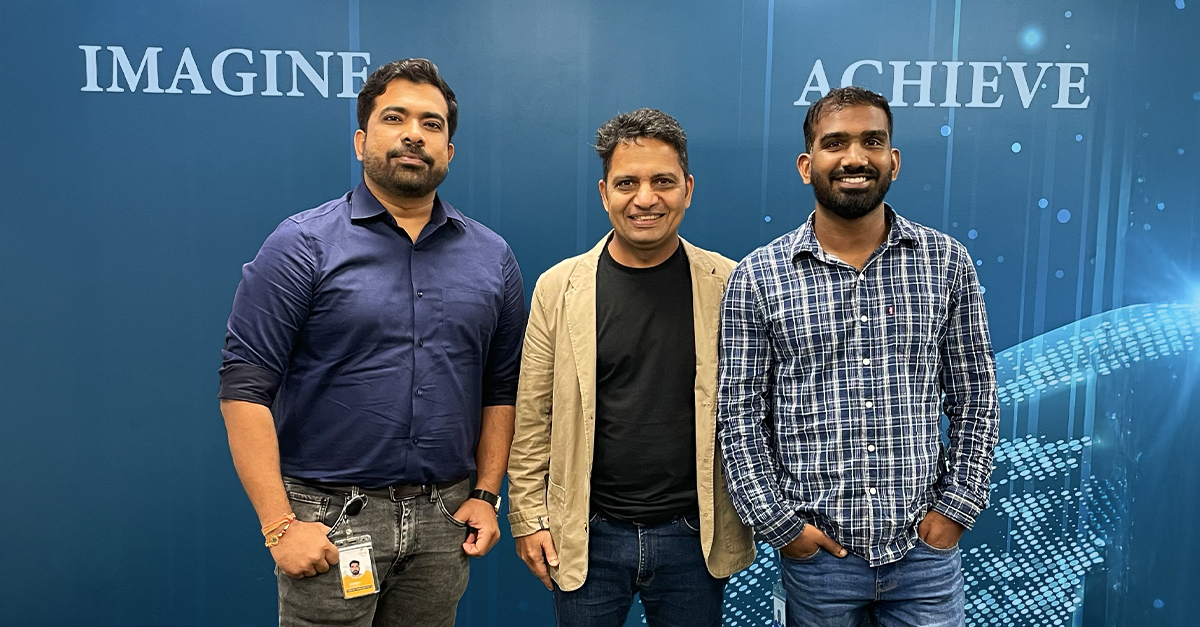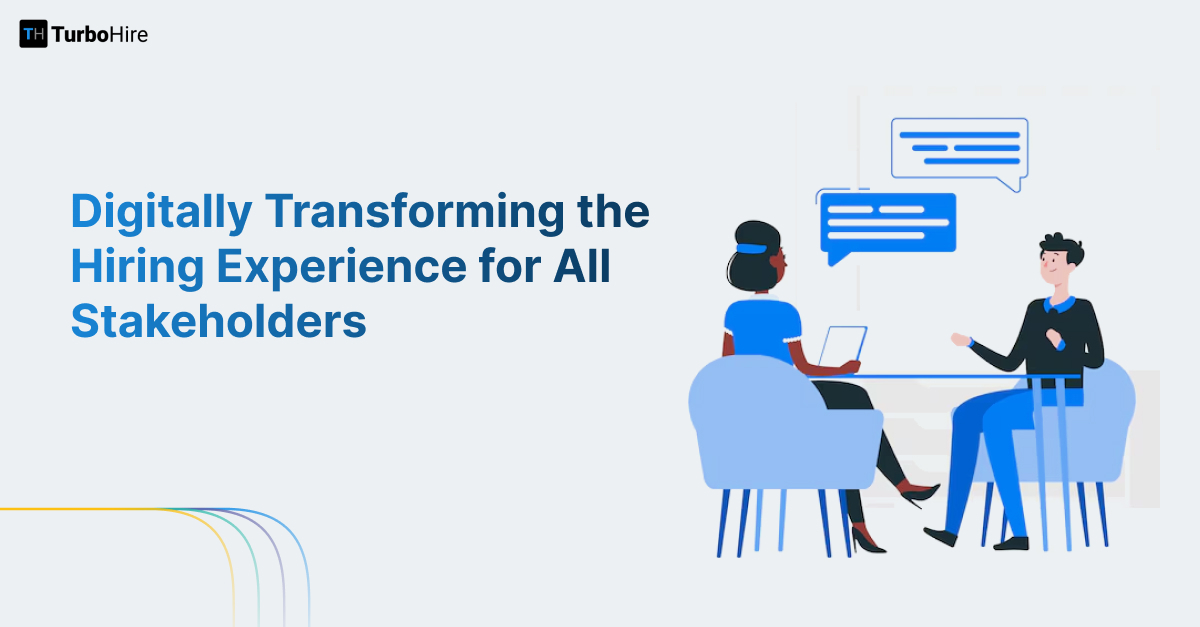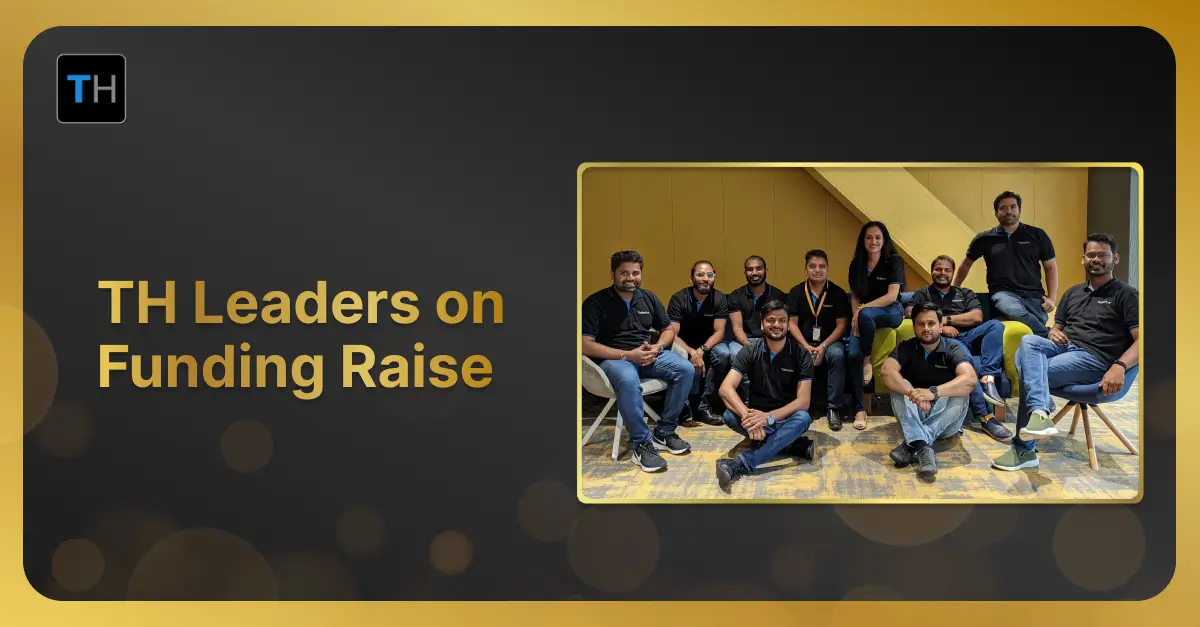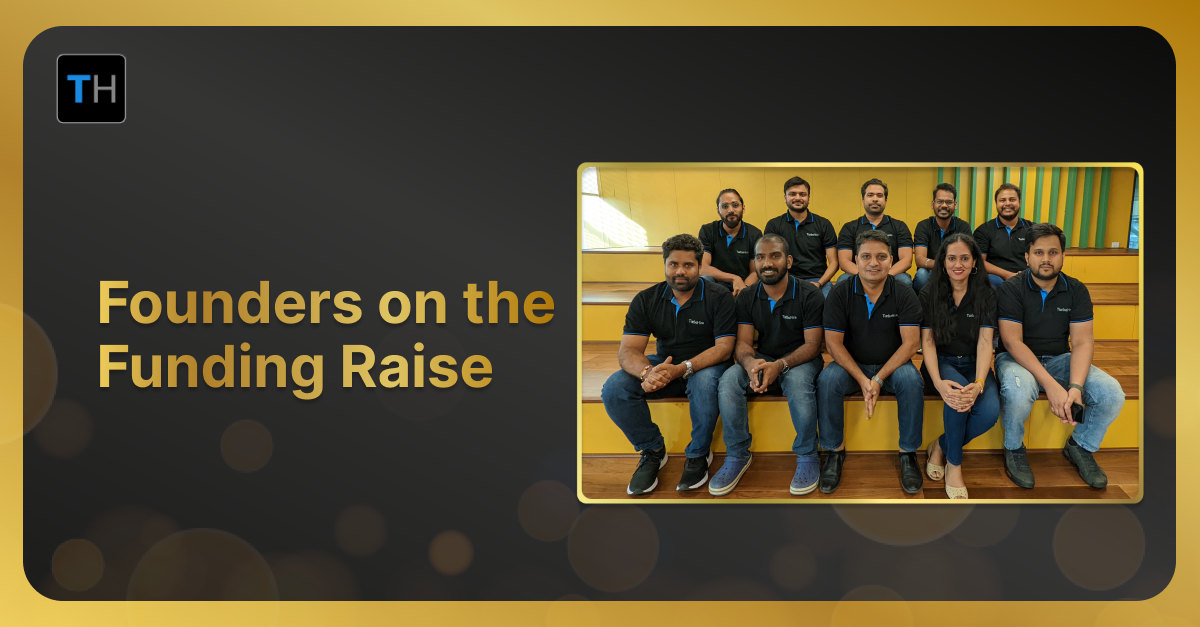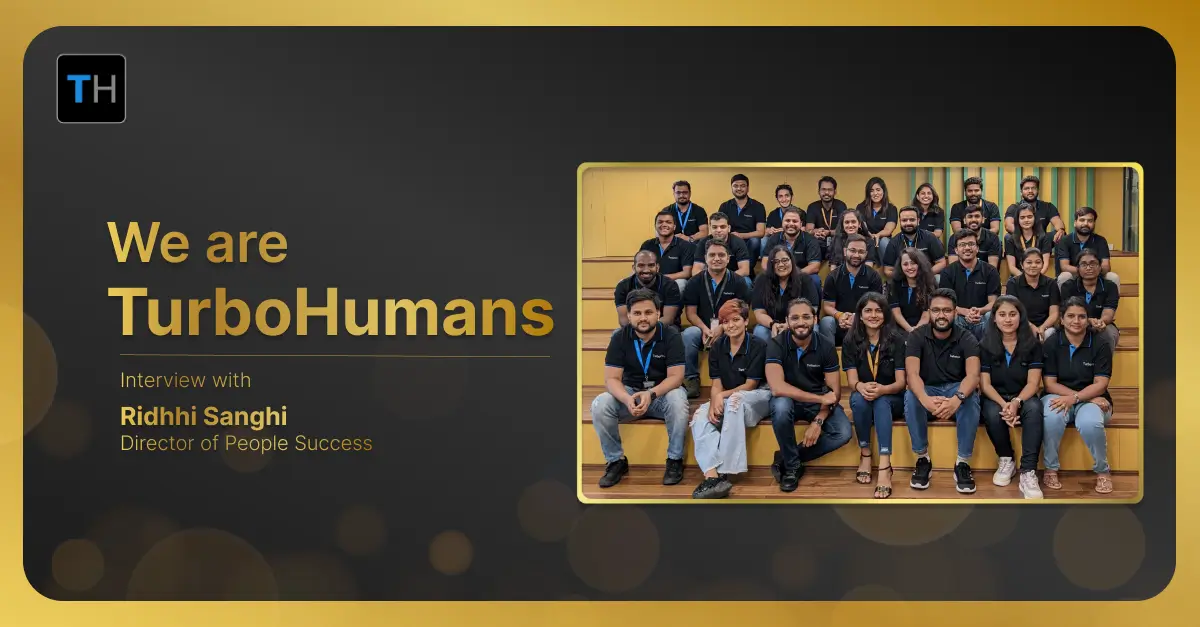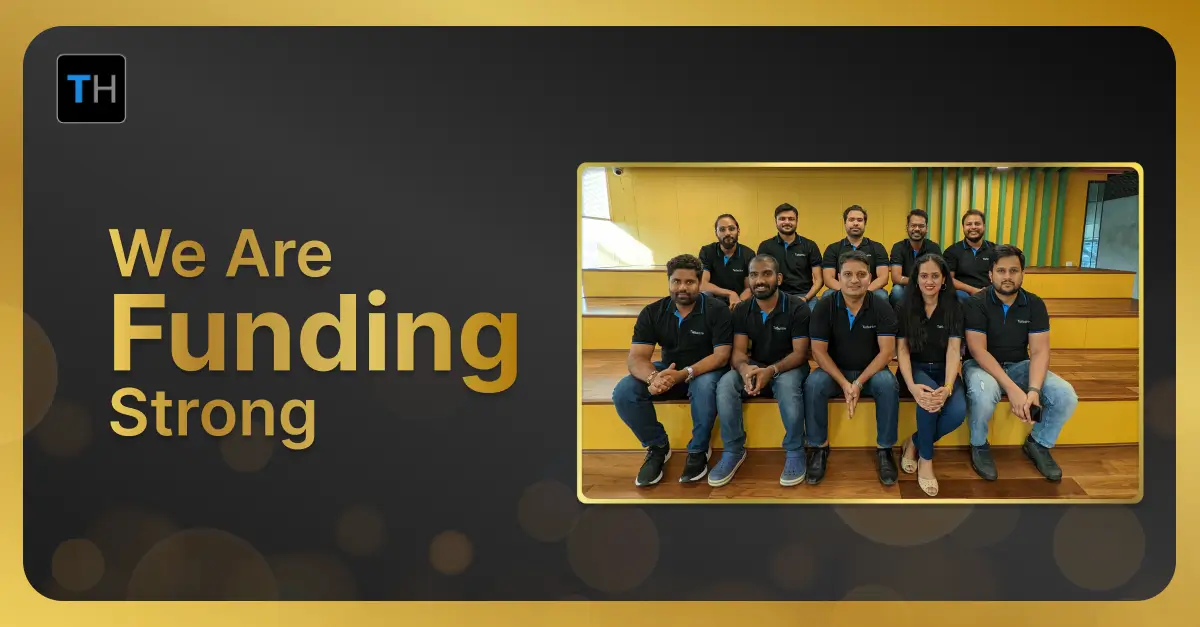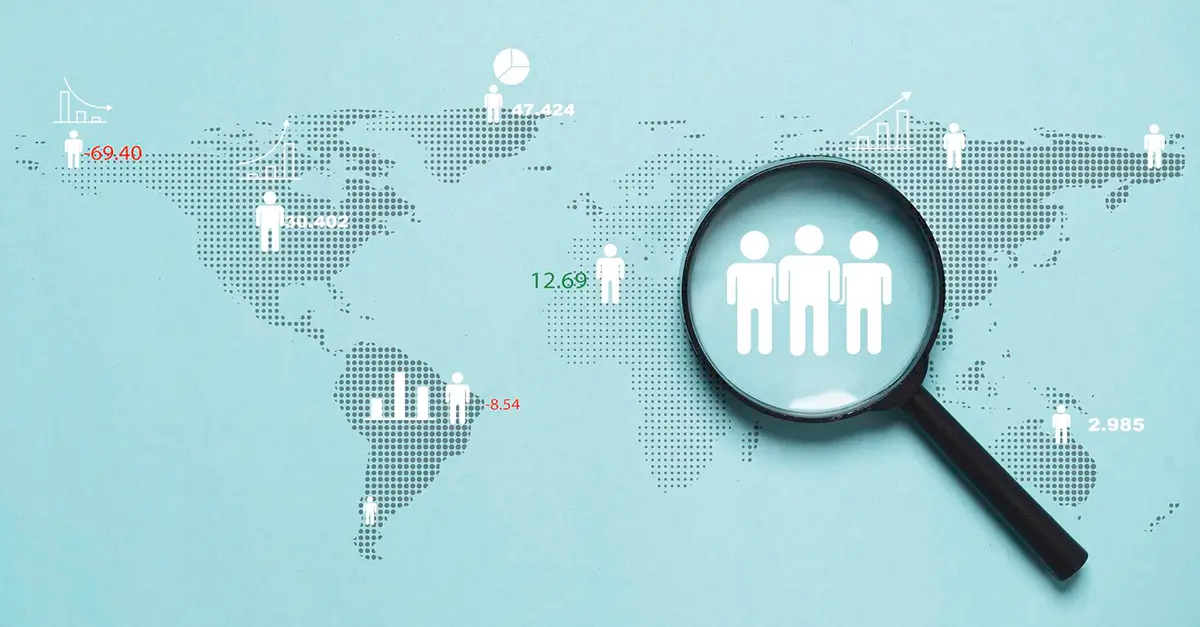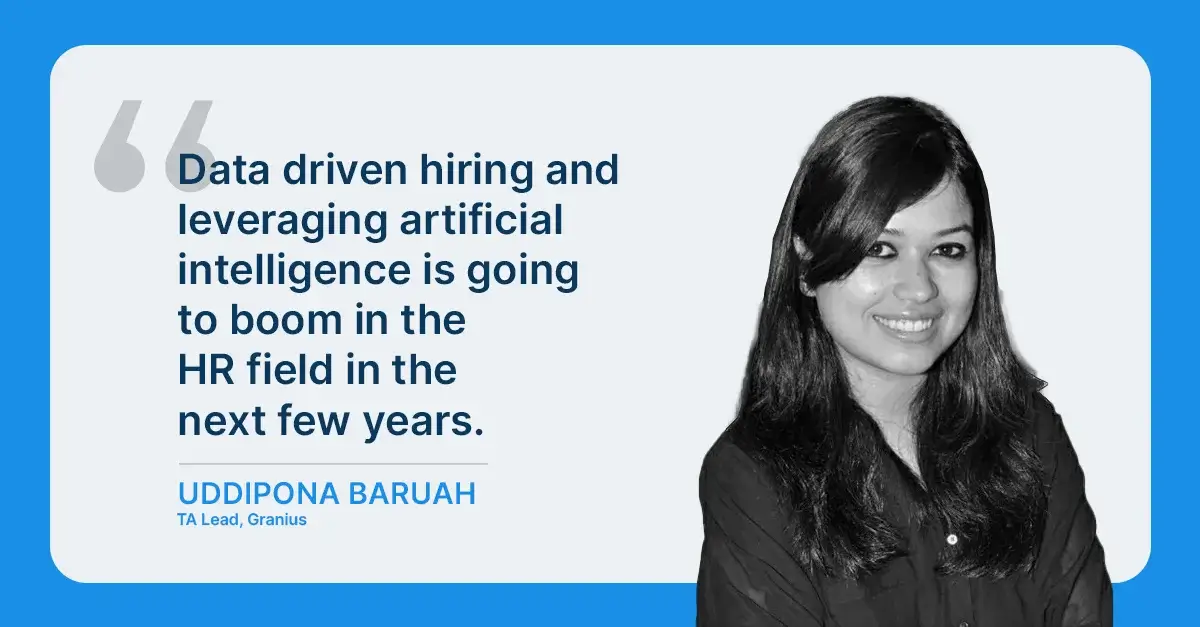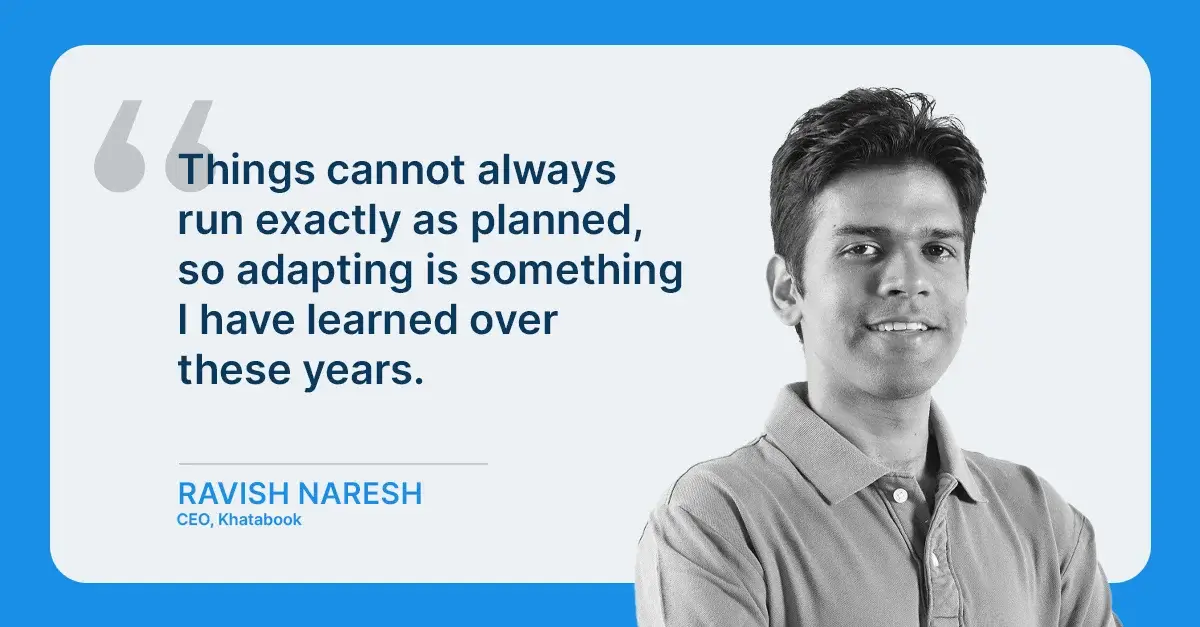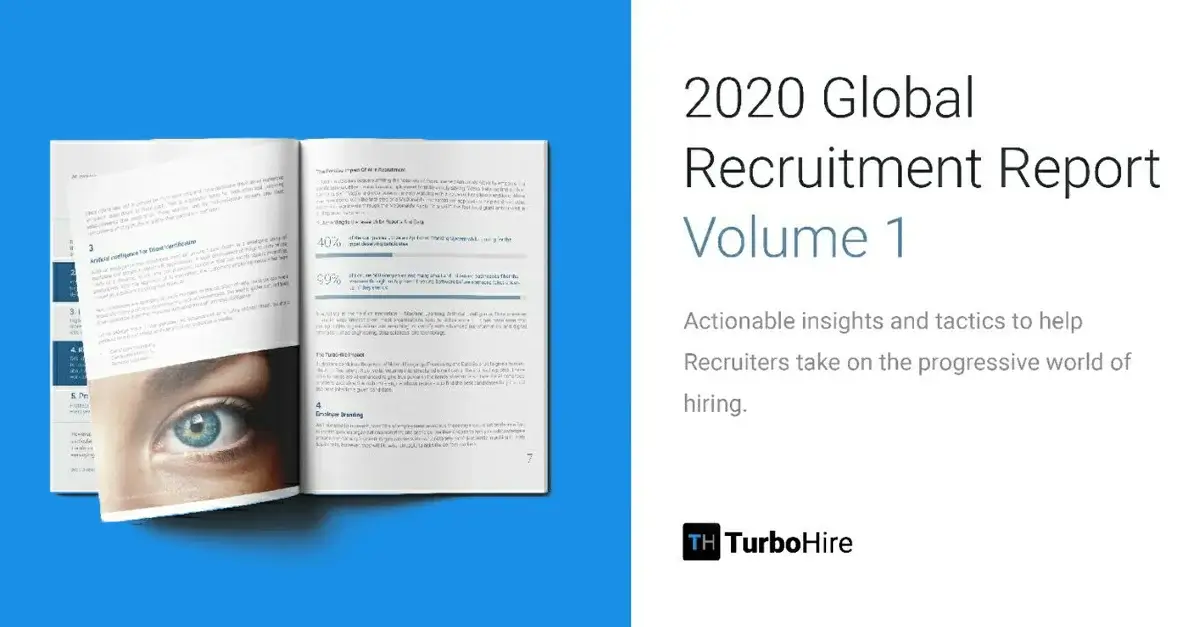For recruiting specialists, the recessions in the past can be disrupting. Slow recruitment does not ensure your job security. In the last 10 years, SMAC (Social Mobile Analytics Cloud) has created a fundamental shift for businesses. However, to date the adoption and benefits are limited to the customer side of operations in most businesses, while the other end of businesses i.e. procurement and recruitment are not wholly untouched by SMAC, the adoption is flaky, sporadic and uncoordinated. Given that candidates are living in the new digital world of SMAC, their expectations before and during the hiring process are forcing hiring teams to revisit their candidate interfaces to attract and hire the best talent. It’s welcoming to note that more and more organizations are starting to realize the importance of taking their hiring digital. However, very few understand the nuances behind this.
“A recession typically means fewer jobs which translates to less demand and less work for recruiters. There are a few ways to succeed in a recession, but a lot of it starts well before a recession comes.”
Jake Morrow, Senior Technical Recruiter at Toyota Connected North America
So how do we come out of this downturn? While there’s no playbook, we can look to past recessions for lessons and look up to the successful companies who have endured them. Here are 4 points to keep in mind:
1. Employer branding
LinkedIn’s report on Global Recruiting Trends in 2016 categorically makes mention of the increased investment that talent acquisition is making into employer brand – 59% of enterprises are investing more in their employer brand compared to last year. Remember that prospective and in-process candidates will be evaluating your company – what makes your company a ‘great place to work’, what are the core values of your company, will the candidate be a good cultural fit etc. Also, your efforts on employer branding are directed not just towards active job seekers, but towards the passive ones as well. No wonder that in the absence of employer branding, many startups face uphill task to attract candidates away from the establish brands.
2. The right digital platform
As jobseekers are now predominately online and ease of making an application is as simple as clicking a button or emailing one’s CV, the recruiters are flooded with applications. It is estimated that a typical job in a mid-size company receives on average 150 applications. The applicant tracking systems, intelligent recruitment software, smart boards, social recruiting solutions and other methods of digital recruitment have served as a boon to the many quandaries of the recruiters. Sophisticated yet simplified, digital hiring needs to be customized in accordance to the size of the business. Invest time to figure out which recruitment software works best for you – it’s never a one size fits all approach!
3. Candidate experience matters
Predefining the requirements of the job openings, an exhaustive job description, making it super easy to apply and quick response times along with structure and credible response are some ways in which an organization can create a positive candidate experience. Do this wrong, and you may never see that unhappy candidate coming back to your organization to search for a job.
Stats show that 42% of disgruntled candidates will not apply for a position at the company again.
4. Artificial Intelligence
Although digital hiring methods help recruiters source talent through a wider reach and sources, it might mean having to go through a lot of applicants to find the best fit with significant time and cognitive effort. Advancements in the fields of big data and artificial intelligence have now made it possible to apply intelligence that helps recruiters find the best fit without them having to do so manually. It has become vitally important that best fit is defined over many aspects including soft skills and personality traits before further organization time and effort is spent on the candidate.
Historical Hiring Trend based Projections
Any economist will clarify that projections based on historical trends are valid if and only if all the environment variables of the past are unquestionably valid in the present day as well. Given the economic growth, competition, and arrival of new technologies, both candidates, as well as companies and their roles, are constantly in an evolutionary state. Big data or no big data, the very thought of using this method either must be very carefully planned or rejected altogether, lest one should get surprised by issues such as Gender Discrimination at Amazon.
Machine Learning In Future of Recruitment?
What has started to worry us are use cases of AI, where user accepts, or worse, acts upon the cause-effect relationships assumed by algorithms based on machine learning without understanding them.
The fundamental reason for this worry is the way two words “Artificial Intelligence” and “Machine Learning” are casually thrown around these days, used as synonyms of each other, even though they are quite different. People in recruitment and HR function are no exceptions to use them liberally.
We human beings are intuitively adept at identifying patterns and apply knowledge of learned patterns for immediate/ future decision making. Computers can also observe patterns and apply them in their decision-making without ever understanding the conscientious logic/ purpose behind them. Google Translate is one such ML system, which understands neither of the languages or the purpose of communication.
We call this approach “Mimicking”. This works reliably when the same things happen reliably over and over again and there are no changes in the environment, such as in Chess. But in the real world of recruitments, candidates and companies are always evolving and changing.
Lately, the thrust of Machine Learning or “Mimicking” has gone in direction of Big data, in which powerful computers ingest massive amounts of data and look for patterns. The thing to get deeply concerned about is that “Mimicking” or its decision rules in recruitment space are somehow widely believed (because now it is based on even bigger data) and because they are widely believed they are widely used. It has only started to surface that applying “Mimicking” in the evolutionary eco-system of recruitment can be dangerous because of things indeed going wrong at Amazon and other places. On a lighter note, “Mimicking” though by itself is an art form, at times it falls flat, or other times may be construed in bad taste.
Remember that computers while “mimicking” have no common sense. For example, a computer could easily misunderstand the pattern that people wake up in the morning and then eat breakfast to mean that ‘waking up’ makes people ‘hungry’! This patterning without deep understanding of how things work in evolutionary systems is what hurting the Recruitment space. A lot of people, especially non-technical folks in recruitment, have vested their blind faith in Machine Learning or Mimicking because they find it much easier (also the comfort that others are also using it) than understanding what human thinking should get into modeling AI for recruitment.
It is an avowed goal at Turbohire to stay away from Machine Learning, more important to us is whether we are deeply connected and understand how people make decisions in recruitment.
When was the last time you hired someone without looking only at candidate’s CV? The world of recruitment is 100% digital today with a very large number of companies across the world adopting either Human Resource Management Systems or Applicant Tracking Systems for managing their recruitment operations commensurate with their growth needs.
Why Is There A Need For A Proper Hiring Plan in 2021?
Within 12 years of the Great Recession of 2008, another recession has occurred in 2020. External recruiters should be especially alert to this chatter, as they can be seriously hurt by a decline in job postings. However, a recession can also present an opportunity for recruiters. Recruiting may be even more important in a dire economy where companies need any and every competitive edge they can get to weather the storm and best position themselves for success after it.
What’s the best way to prepare your company for a recession? Adapting your recruiting strategy is a great start. From preparing ahead to knowing how the job market is likely to change, having a proper plan in place can help you weather the storm while continuing to attract the best talent.
Evaluating Your Hiring Needs
Reviewing a company’s hiring needs on a regular basis and having an idea of the hiring timelines and costs is a good habit. To stay ahead of the challenges of a recession, it’s important to be even more strategic when it comes to hiring and to be as accurate as possible when determining both your short- and long-term needs. This could mean creating a talent acquisition plan that aligns with your business forecast for the next one or two years to understand how your staffing needs may have to change if a recession hits.
Since downturns can, at last, affect your bottom lines, having an away from of your requirements and filling your pivotal jobs at first can assist you with smoothing out your spending plan without giving up fundamental recruits. It can likewise be an incredible method to get more imaginative with filling open jobs — from elevating existing colleagues to working with freelancers. Notwithstanding making cost reserve funds, this can assist with boosting your group’s general outcomes since elevated candidates will in general be more fruitful and are 61% more averse to be given up.
Keeping Up With The Dynamics Of Talent Acquisition Industry
The current market is very applicant-driven, however, that could change fundamentally when a downturn hits. As professional stability turns out to be more uncommon, competitors will turn out to be more averse to leave the wellbeing of their present positions for questionable chances. To comprehend what that will resemble, we just need to think back to the financial emergency of 2008.
If we look at it in detail, we will see that some vital lessons acquired during the Great Recession included:
- Importance of sufficient staff
- Maintaining employee morale and engagement
- Not relying on layoffs
- Investment in efficient training and digital advancement
- Balance out hiring and organizational strategies
While cost-cutting measures are quite often common in a recession, it’s imperative to offset them out with techniques that will increment long-haul representative fulfillment and retention.
A Profitable Profile During 2020 Pandemic: Swiggy’s Success Story
In India, online food delivery companies have started to recover from the pandemic recently. Swiggy is one of the biggest food delivery apps in India. During the pandemic, Swiggy decided to lay off 1,100 employees (14% of its workforce) due to cost-cutting reasons while the country suffered from a nationwide lockdown. They took down several of their cloud kitchens and adjacent businesses were also scaled down. The co-founder and CEO of this major company claimed that the core business was majorly impacted by the pandemic and will take some time to recover.
Sriharsha Majety, co-founder and CEO, Swiggy said “The biggest impact here is on the Cloud kitchens business, with many unknowns about volumes through the year. Since the onset of COVID-19, we have already begun the process of shutting down our kitchen facilities temporarily or permanently, depending on their outlook and profitability profile”
He said that they were required to manufacture a much leaner company and decrease expenses to have the option to withstand any further dangers from the uncertainty. “We will have to reduce our expenses such that we can achieve profitability with a smaller order volume than hitherto planned”.
However, Swiggy has not held back and has set out new measures to ease up the recovery process. For example, during the lockdown, Swiggy had launched virtual stores that deliver groceries and other household needs.
By August, over 75% of the Swiggy delivery partners were back in the delivery business and were providing service to more than 95% of the cities. For Swiggy, the wager on the delivery of groceries is going on while its actual food delivery business is recuperating gradually, to just half of the pre-Covid-19 levels. The food delivery along with the new grocery delivery will give Swiggy better edges from brands and fresher monetization openings in the future.
Only 20% Of Talent Leaders Know Where They stand. Do You?
Recruiting during a recession, more than some other factor requires effectively receiving an information-driven way to deal with employing. Recruiters who effectively developed alongside the market did so to a great extent not in light of the use of new innovation straightforwardly, yet all things considered, towards a more experimental and data-driven way to deal with hiring that was directly empowered by these new advanced methods.
Anticipating a recession is in no way enjoyable, however, being unprepared can prompt more issues — and cause you to possibly lose staff. By finding a way to defend your organization and secure worker confidence, you can get past the most noticeably awful of it and come out on the other side.
Some important points to keep in mind:
- Workers don’t care much about the advantages or organization culture as they do about serious pay, proficient headway, and adaptable work. Recruiters need to sell what their applicants are purchasing – and that implies understanding what they need from a work, instead of exactly what a business needs from a candidate.
- Employer Branding in a downturn moves from HR order to PR activity, especially in case of WARN notices, boundless cutbacks, or critical turnover. Quit attempting to be a brand advertiser – in a downturn, recruiters have to be good at exactly one thing: making recruits.
- Each candidate is active, whenever given the correct chance. It’s dependent upon recruiters to ensure those open doors are introduced to the best matches, latent or dynamic, and that they’re customized to the requirements, desires, and yearnings of every applicant.
- Recruiters in a recession need to realize how to compose convincing job promotions and know the ad networks and sources where those ads will be the most effective in reaching qualified candidates.

